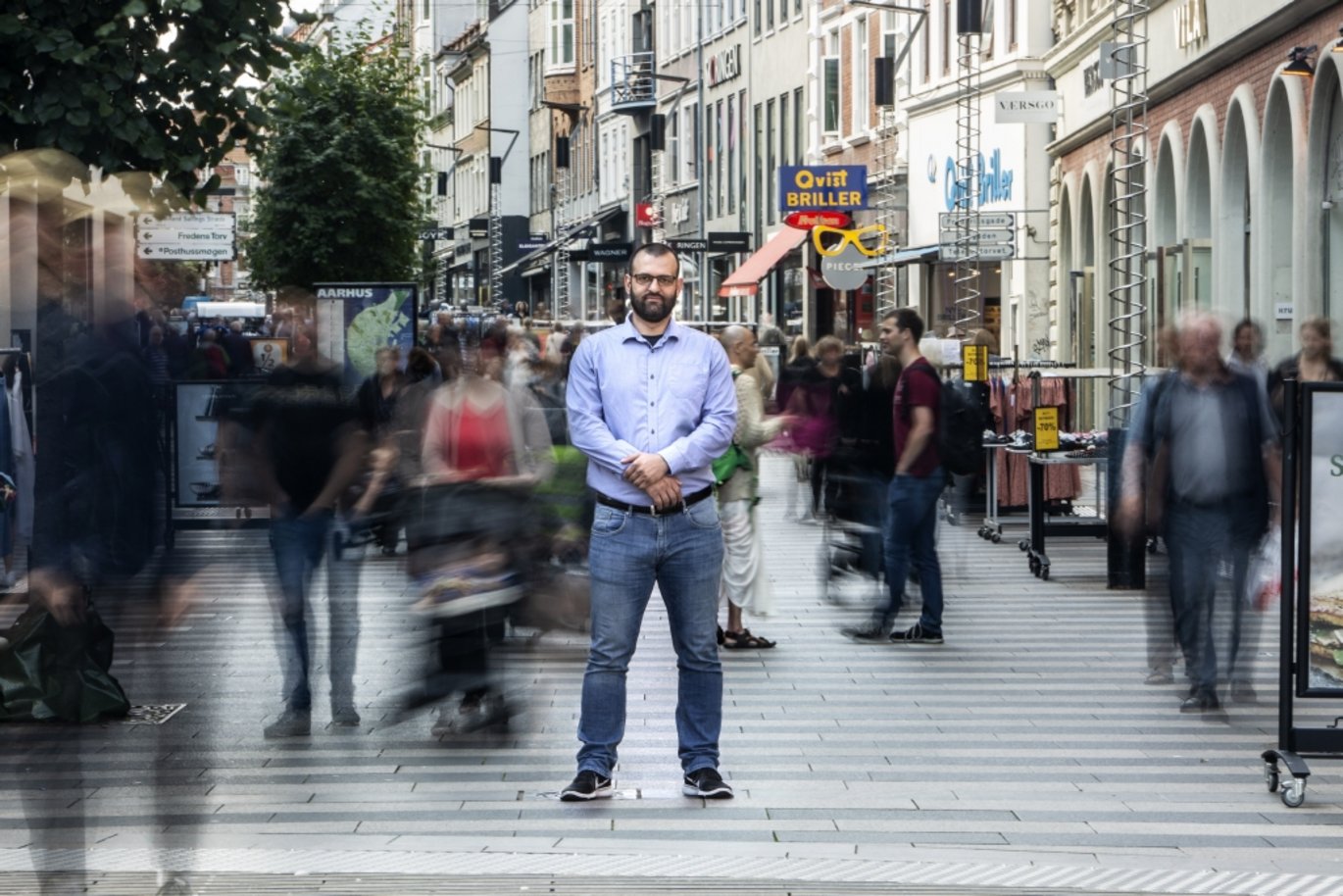New AI tools against stock market manipulation
Danish researchers want to detect possible situations of fraud on the financial market by using new sophisticated tools based on artificial intelligence. They have received funding by one of the world's largest banking groups, and their goal is to develop new tools that can be used to block insider trading and market manipulation.

Our future financial systems are currently being coded, and in a nook at Aarhus University, an international research group is industriously working to develop technologies required to help secure the free market economy.
The super computers in their laboratory are stacked on top of each other, and the buzzing of the processors fills the room. They build the software and train the algorithms that can be used to detect any conceivable form of possible securities fraud in a split second.
It is about machine learning and mathematical models that can find patterns in data and thereby monitor movements in prices and how investors affect each other. Their research is important, and therefore they have just received funding from JP Morgan, the largest bank and finance group in the US.
"Our goal is to develop sophisticated tools to give the financial sector a head start in identifying possible criminal fraudsters on stock markets," says Alexandros Iosifidis, a professor at the Department of Electrical and Computer Engineering at Aarhus University and one of the world's leading AI in fintech researchers.
Fraudsters are also getting smarter
The Federal Trade Commission in the USA, the FTC, has estimated that a staggering USD 10-40 billion worth of shares are subject to fraudulent trading in the US alone. But that is just an estimate.
"No one really knows the extent of the problem," says Alexandros Iosifidis.
"It's very difficult to get an overview. In just a few years, digitalisation has rocked the stock market and led to an explosion in the number of trades. That’s why we’re in a situation where the machine learning models we developed just a few years ago are already inadequate. Today, we need to monitor the market's big data with lightning-fast computers that can detect patterns and put together a jigsaw of data from hundreds of thousands of trades every day in real time," he says.
And it is urgent. Because fraudulent trading can undermine security on stock markets and therefore on our financial systems.
“The problem is growing, and we have an urgent need for new stock-market security systems, that can protect our trust in price formations,” says Alexandros Iosifidis.
Shares influence each other in predictable patterns
Since Nasdaq became the first stock exchange in the world to implement machine learning in its market surveillance in 2019, researchers at Aarhus University have been working to develop increasingly sophisticated tools to spot insider trading and market manipulation.
"We develop tools based on artificial intelligence to analyse the mechanisms across financial markets, detect irregularities in price developments and investor behaviour. In this way, we can create automatic tools that can be used as defence against manipulation, and this is absolutely crucial for a transparent stock market," says Alexandros Iosifidis.
The professor has just completed a case study of the Finnish market together with his collaborators in Finland. They cross-checked data about people on the boards of Finnish companies with information about their mutual relations and behaviour on the stock market.
What they saw looked like evidence that investors weigh their social connections differently in terms of information transfer.
"We’re now working on the assumption that trading in one share affects future trading in other shares in patterns that can be recognised using big-data analyses. Our ambition is to provide AI tools for the authorities and financial regulators, which can be used for identifying potential irregular behaviour. The major technological challenge is that all the data has to be processed in real time, around the clock, but we are working on a solution," he says.
Contact
Professor Alexandros Iosifidis, Department of Electrical and Computer Engineering, Aarhus University
